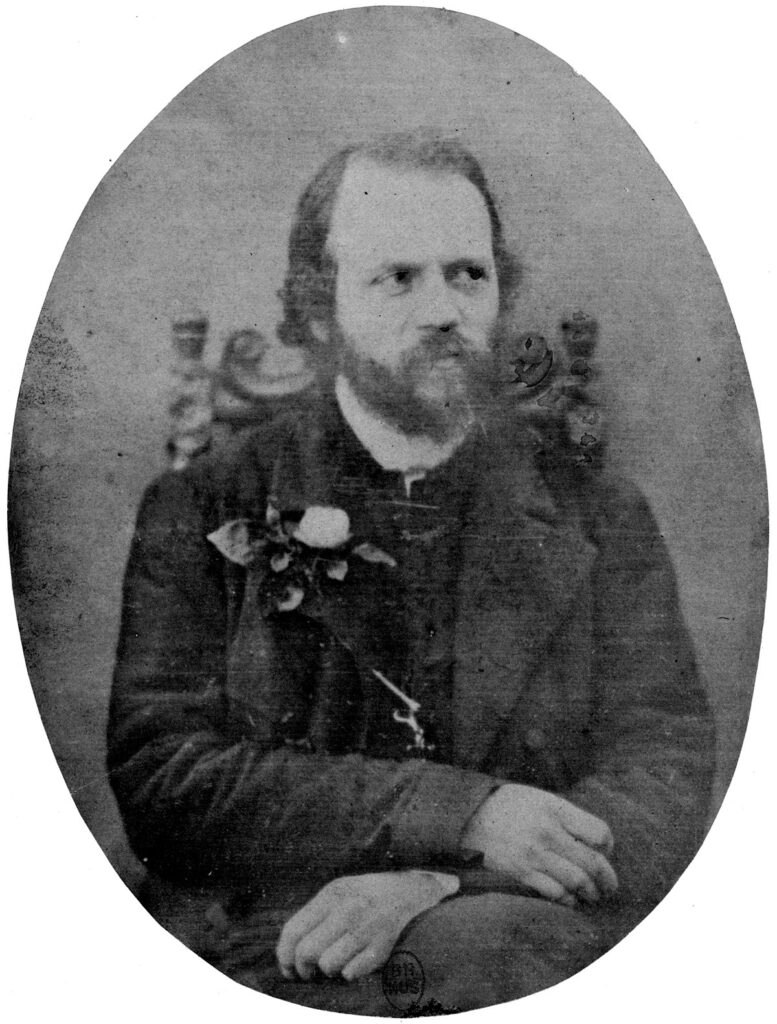Charles Valentin Alkan was a remarkable figure in the world of classical music, revered for his virtuosity as a pianist and admired for his innovative compositions. Born on November 30, 1813, in Paris, France, Alkan displayed prodigious musical talent from an early age. His father, Alkan Morhange, recognized his son’s potential and provided him with rigorous musical training.
Alkan’s musical education began under the guidance of his father, himself a talented musician. Recognizing Charles’s exceptional abilities, his father arranged for him to study piano with Joseph Zimmermann and composition with Charles-Henri Valentin Morhange, his older brother. Under their tutelage, Alkan’s talent flourished, and he made his public debut as a pianist at the age of seven.
In his teenage years, Alkan’s reputation as a piano virtuoso grew rapidly throughout Paris. He gained recognition not only for his extraordinary technical skill but also for his unique approach to composition. Influenced by contemporaries such as Frédéric Chopin and Franz Liszt, Alkan’s compositions displayed a blend of romantic lyricism and daring innovation.
Despite his undeniable talent, Alkan was a reclusive figure who shunned the spotlight. He preferred the intimacy of the salon to the grand concert stage, where he could showcase his music to a select audience. This preference for privacy, coupled with his eccentric personality, contributed to his relative obscurity compared to his more extroverted contemporaries.
Throughout his life, Alkan remained fiercely independent in both his musical and personal pursuits. He rejected the traditional career path of a concert pianist, opting instead to focus on composition and teaching. His compositions encompassed a wide range of genres, including solo piano works, chamber music, and orchestral pieces.
Alkan’s compositional style was characterized by its technical complexity and emotional depth. He was particularly renowned for his intricate piano études, which pushed the boundaries of pianistic technique and challenged even the most accomplished performers. Despite the difficulty of his music, Alkan’s compositions were admired for their profound expression and inventive use of harmony and form.
Despite his contributions to the musical world, Alkan’s legacy was overshadowed by his reclusive nature and the relative obscurity of his works. Following his death on March 29, 1888, his music fell into neglect for much of the 20th century. However, in recent years, there has been a renewed interest in Alkan’s music, with performers and scholars alike rediscovering the brilliance of his compositions.
Today, Charles Valentin Alkan is recognized as one of the most innovative and enigmatic figures of the Romantic era. His music continues to captivate audiences with its technical brilliance and emotional depth, ensuring that his legacy endures as a testament to his unparalleled talent and creativity.


Comments are closed